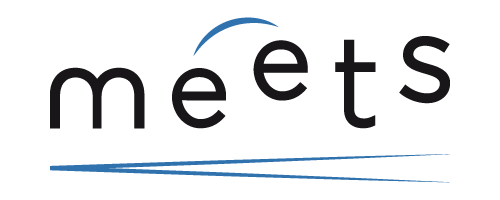1. What are Cookies?
“Cookies” are small text files that are stored on your computer through the Internet browser, only retaining information related to your preferences and therefore not including your personal data.
2. What are Cookies for?
Cookies help determine the usefulness, interest and number of uses of your websites, allowing for faster and more efficient browsing, eliminating the need to repeatedly enter the same information.
3. What type of Cookies do we use?
There are two groups of cookies that can be used:
Permanent Cookies: These are cookies that are stored in the browser in your access equipment (PC, mobile and tablet) and are used whenever you visit one of our websites more than once. They are generally used to direct the browsing to the user’s interests, allowing us to provide a more personalised service.
Session Cookies: These are temporary cookies that remain in your browser’s cookie file until you leave the website. The information obtained by these cookies serves to analyse patterns of web traffic, allowing us to identify problems and provide a better browsing experience.
4. For what purposes do we use Cookies?
Strictly necessary Cookies
They allow you to browse the website and use its applications as well as to access secure areas of the website. Without these cookies, the services you have requested cannot be provided.
Functional Cookies
They store user preferences for site usage so that you do not need to reconfigure the site each time you visit it.
Advertising Cookies
They direct advertising according to the interests of each user so as to direct advertising campaigns, taking into account the tastes of users, and they also limit the number of times you see the ad, helping to measure the effectiveness of advertising and the success of the website organisation.
5. How can you manage Cookies?
All browsers allow users to accept, reject or delete cookies, in particular by selecting the appropriate settings in their browser. You can set cookies in the “options” or “preferences” menu of your browser.
Note, however, that by disabling cookies you can prevent certain web services from functioning properly, partially or totally affecting browsing of the website.
Users can disable the use of cookies on this web page at any time by modifying browser settings, for example:
Google Chrome
Internet Explorer
Mozilla Firefox
Apple Safari
6. What happens when Cookies are disabled?
Certain functions and services may stop working or behave unexpectedly, such as identifying the user on certain pages or receiving information that takes into account the location of the user, among others.
If you disable the cookies on this web page, you may not have access to certain areas or the quality of your browsing experience may be considerably lower.
7. Additional guarantees and withdrawal of acceptance
The MEETS project will not be held liable for the content and veracity of the privacy policies of third-party components that may be included in this web page.
As an additional guarantee, the recording of cookies on this website may be subject to users accepting the cookies during their visit to the web page and the installation or update of the browser used. This acceptance may be revoked at any time in the content and privacy settings, as defined above in point 5 of this policy, or by using the link at the bottom of this page.
8. Cookie policy update
The MEETS project may change this cookie policy in accordance with legal or regulatory requirements or adapt this policy to new instructions provided by law.
Whenever significant changes are made to this cookie policy, users of the web page will be notified.
9. More information on Cookies
More information about cookies can be found on this link: www.allaboutcookies.org.

